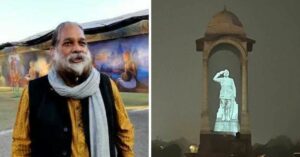Mob Lynching: Never Mind WhatsApp, Only These Measures Can Stop The Mobs
Should the government target just WhatsApp? Let us know what you think in the comments below.
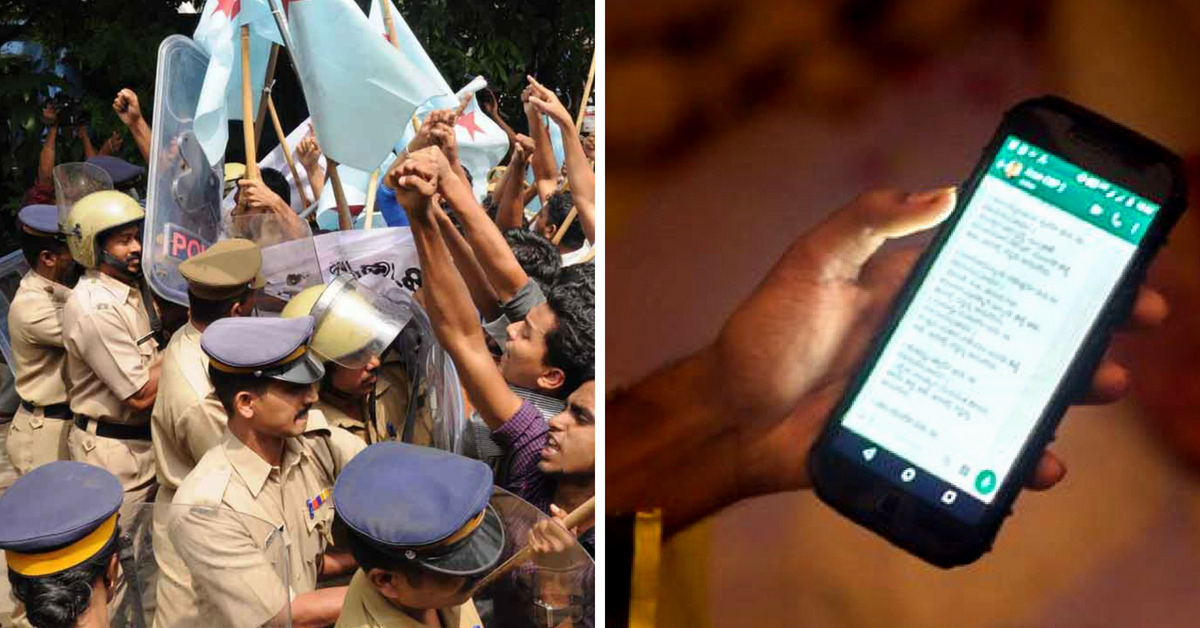
Yet another innocent man has lost his life to mob lynching instigated by a WhatsApp rumour. Last week in the Bidar district of Karnataka, a rumour on WhatsApp circulated about potential child kidnappers in the area led angry mobs to kill 32-year-old software engineer Mohammad Azam, and severely injure three other people. The police have arrested 34 people linked to the murder.
Earlier this month, when news of a horrific mob lynching in the Dhule district of Maharashtra was circulated, WhatsApp went on an extensive media drive to denouncing such rumours, laying out “easy steps” to spot fake news and announcing a new feature that marks forwarded messages.
Over the past few weeks, the instant messaging service has taken some flak from the Centre after a spate of lynching-related deaths facilitated by rumours spread through the app.
Admittedly, the Facebook-owned app should and will implement other safeguards against the proliferation of such inciting messages in the following weeks, but it won’t solve the problem of mob lynchings. That’s because WhatsApp isn’t the problem; the issue is the lack of state capacity.
It goes without saying that deaths due to mob lynching have long occurred in India. What do you think happened in all those horrific riots of the past?
The only difference today is the speed at which rumours are circulated on the messaging app. What remains unchanged is the state’s inability to maintain its monopoly on violence, leaving mobs to meet out their deluded form of ‘justice.’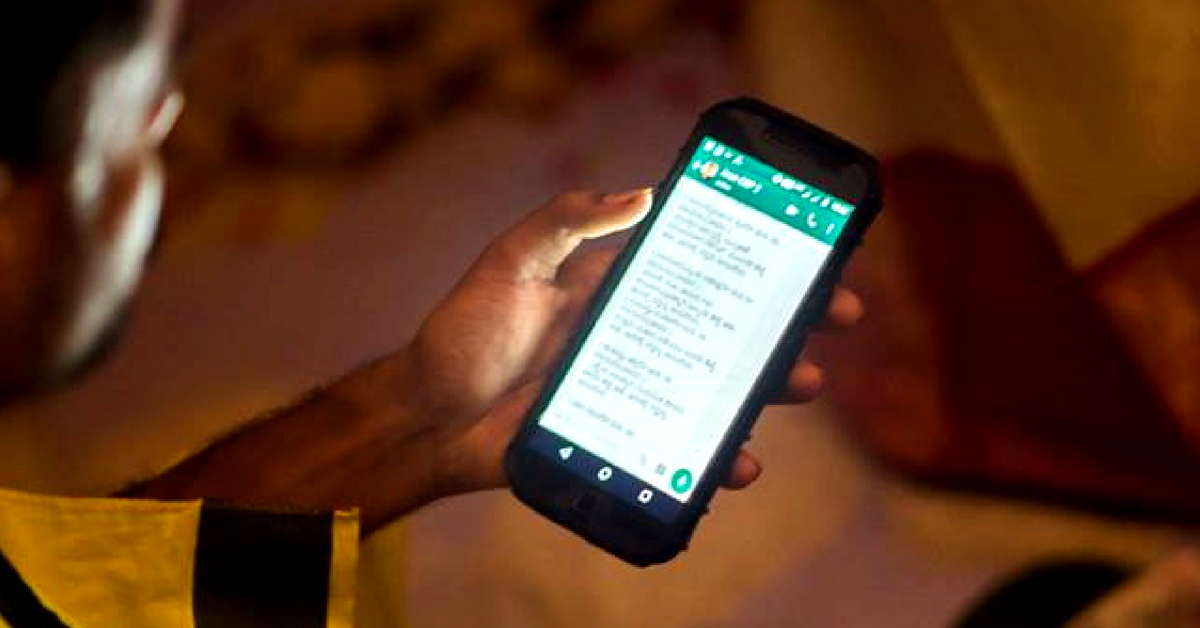
Despite the prevalence of strong constitutional provisions against mob violence, vast swathes of our country have their personal notion of justice. It is an ideal that permeates popular culture. There is a powerful scene in Prakash Jha’s political thriller Gangajaal, where the male protagonist, an honest cop, is seen pleading with a mob baying for the blood of two criminals in his custody. He is seen pleading with them to let the law take its own course.
Spoiler alert: The criminals attempt an escape, get caught and are beaten to death by the mob.
Which takes me to my next point—the lack of faith in the police and the judicial system, and the inability of the state to establish a monopoly over violence in a democracy.
For the state to regain its monopoly over violence, the political class needs to show the requisite will. However, as mentioned before, with the general population’s mind strictly in favour of their individual notions of justice, the political class has little incentive to take the bull by its horns.
Sample this statement by a minister in Rajasthan who justified the heinous mob lynching of an innocent man accused of smuggling cows:
“It is illegal to transport cows, but people ignore it, and cow protectors are trying to stop such people from trafficking them.”
Why do you think politicians defend khap panchayats and their ilk around the country? Besides delivering on rural votes, these entities also incentivise the lack of the proactiveness of the political class.
These attitudes, alongside a criminal lack of police personnel, fiscal constraints, inability to implement police reforms that would break the political class’ control, poor utilisation of scientific investigative methods, and lack of accountability and transparency have crushed state capacity.
(Read more about the wilful abandonment of police reforms by the political class here.)
Without getting bogged down in the details of police reforms, let’s just take a look at the numbers. India’s poor police to population ratio stands at 144 personnel for 1,00,000 citizens. In Karnataka, where the latest incident of mob lynching took place, the number falls to 126.
During the incident in Bidar, 34 people were booked for the lynching, but only four cops arrived at the scene and were therefore unable to save the victim, says this report in The Hindu.
No amount of changes in WhatsApp features can prevent such incidents if there aren’t just enough police personnel. Community policing, which basically entails greater engagement with the local population, public visibility and establish open lines of communication with influential community members, requires greater numbers.
(Read more about measures some civil servants have taken to tackle fake news here.)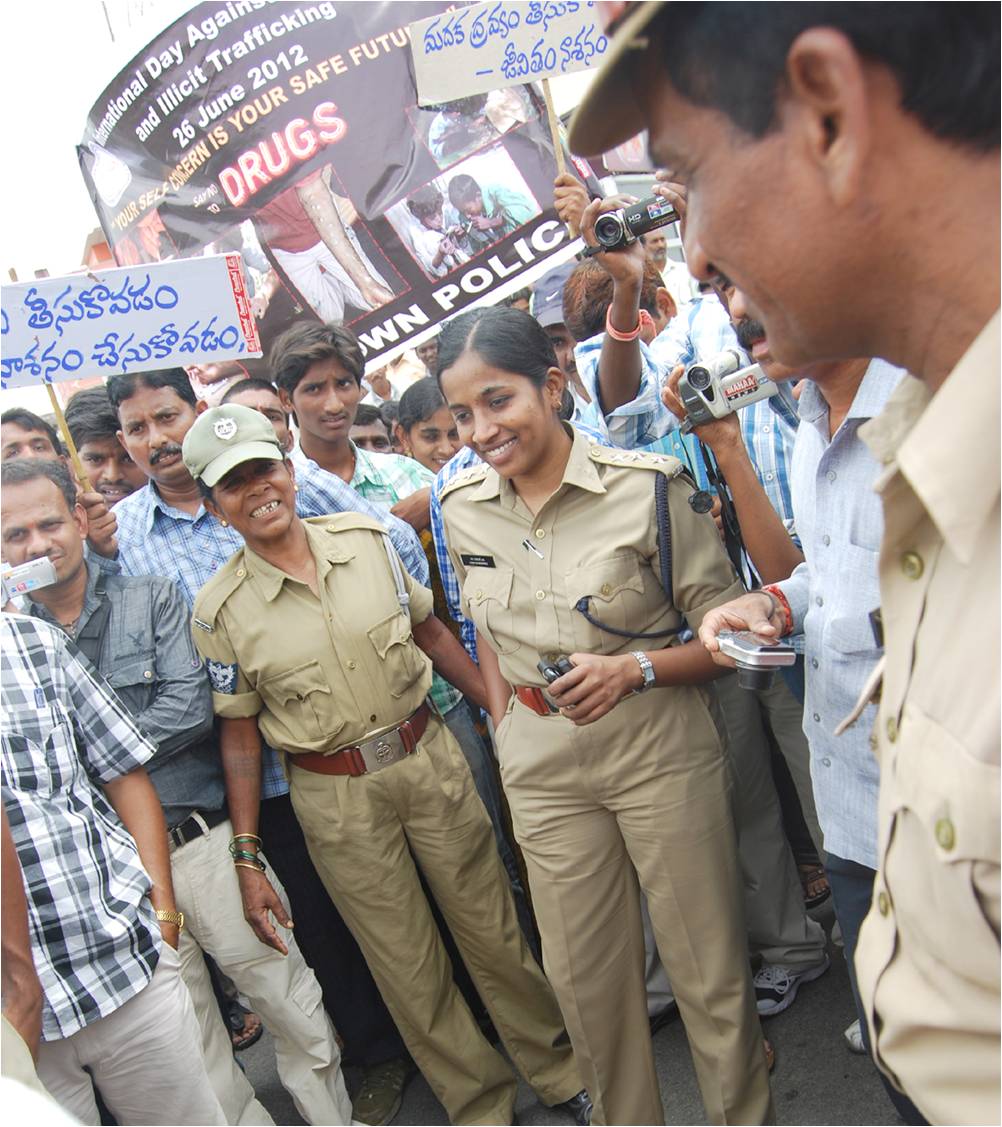
While the police is certainly trying, as various studies, and this example from India shows, community policing is infinitely more effective in countering rumours on social media than the current status quo. However, this strategy requires greater manpower in our police forces.
This is where the public’s lack of faith in the system comes into the play, and they take the law into their own hands. In Bidar, that’s what happened. In no way is this a justification, but a reminder that inability to address fundamental policing concerns have terrible consequences for ordinary citizens.
Even if the police get onto community WhatsApp groups and attempt to dispel rumours, this does not guarantee the end of mob violence.
In psychology, there is a concept called the ‘backfire effect.’ According to this concept, when evidence to the contrary challenges your deepest convictions, your beliefs get stronger. In communally sensitive areas, for examples, where such convictions are entrenched, there is little that can be done by official police circulars.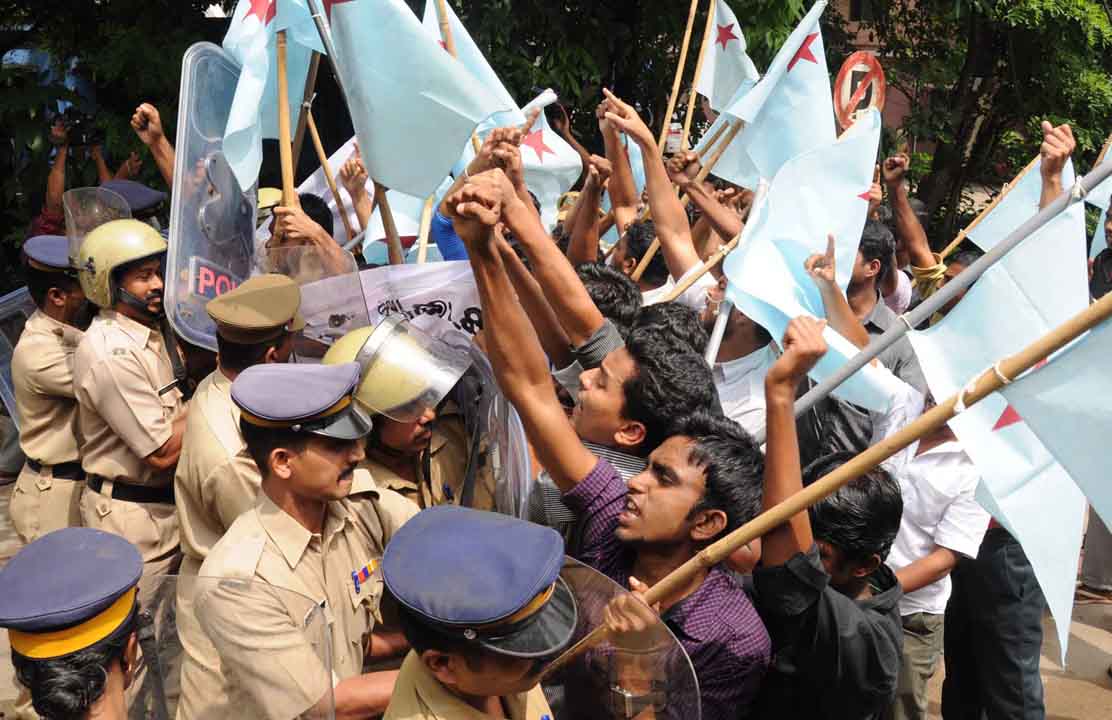
Instead of pointing the blame at WhatsApp, our political class can do better by addressing some fundamental policing concerns. After all, apps like WhatsApp, Facebook and Twitter are just mediums. Do you want the government to ban WhatsApp and other apps with end-to-end encryption? Do you want the government to monitor family conversations or an exchange with a loved one?
I don’t, and frankly, if we go down this road of laying all the blame on WhatsApp’s door instead of asking the right questions of our political class, we may see the government implementing the above steps. And frankly, those steps solve nothing.
(Edited by Gayatri Mishra)
Like this story? Or have something to share? Write to us: [email protected], or connect with us on Facebook and Twitter.
NEW: Click here to get positive news on WhatsApp!
This story made me
- 97
- 121
- 89
- 167
Tell Us More
We bring stories straight from the heart of India, to inspire millions and create a wave of impact. Our positive movement is growing bigger everyday, and we would love for you to join it.
Please contribute whatever you can, every little penny helps our team in bringing you more stories that support dreams and spread hope.







